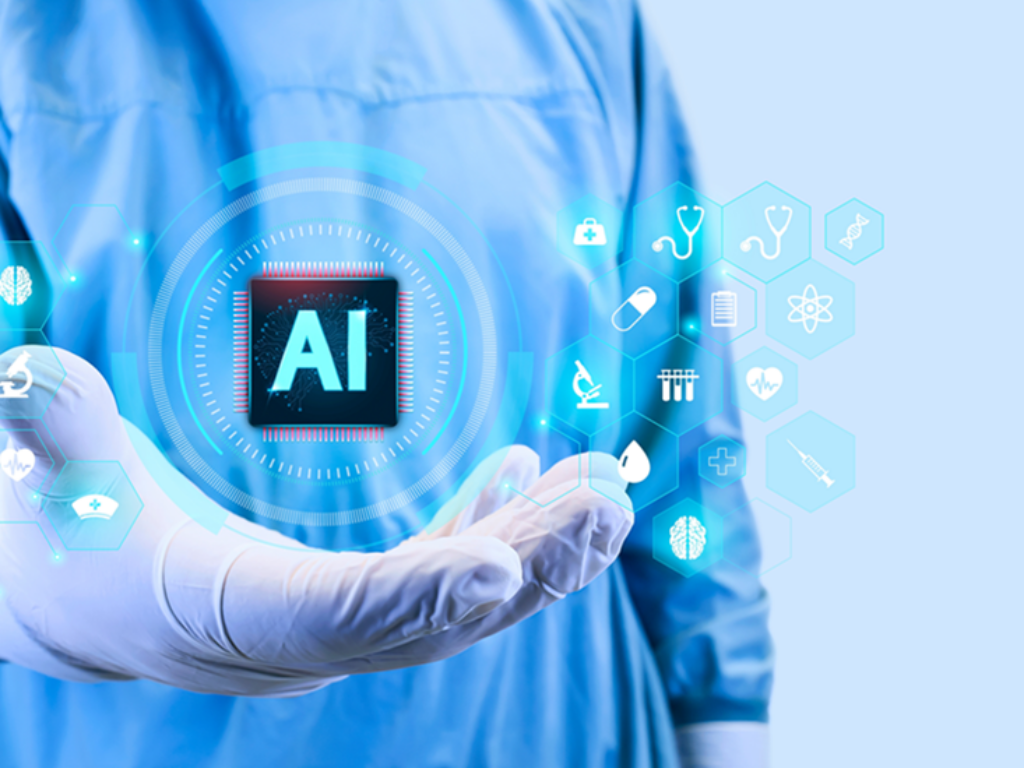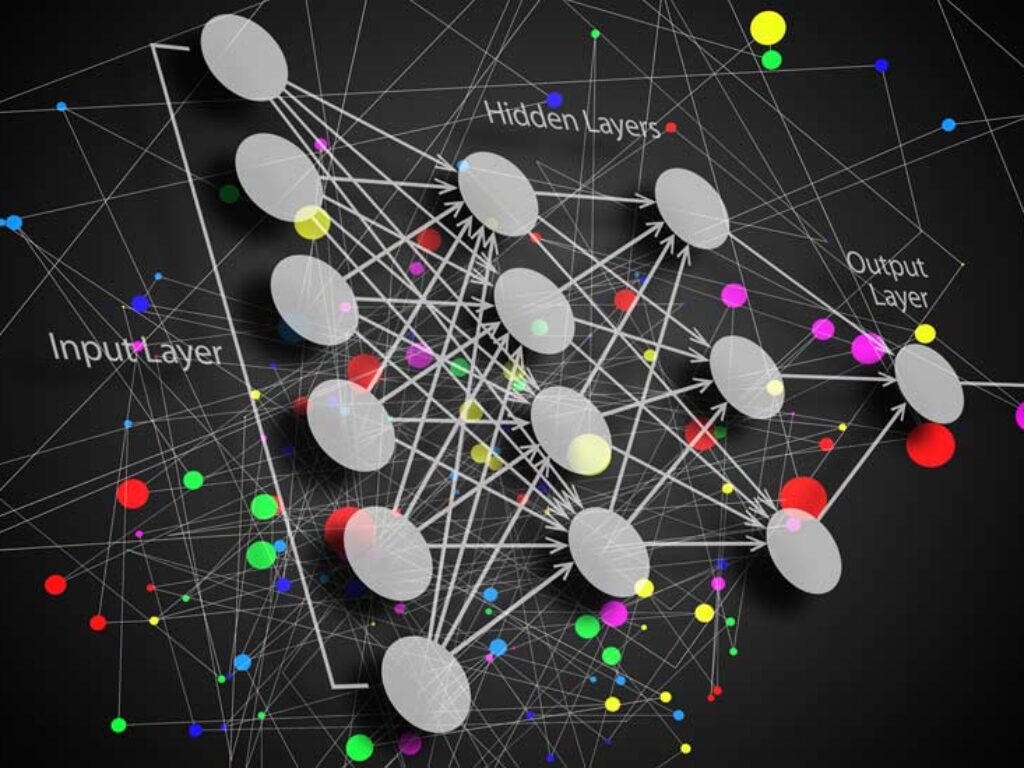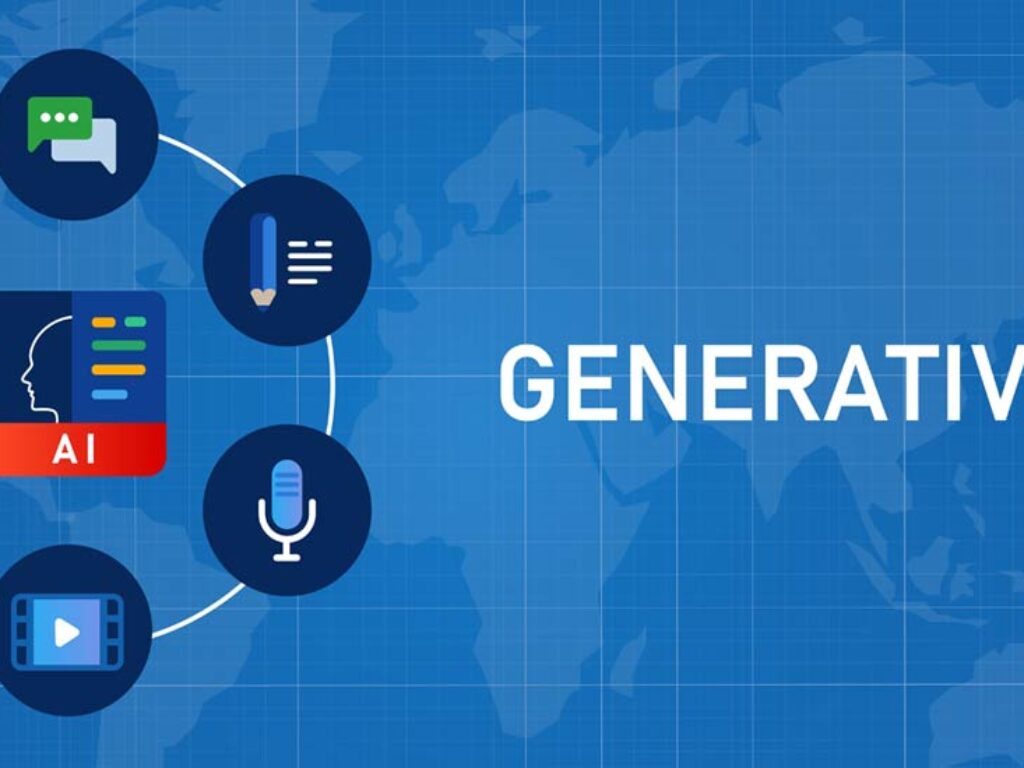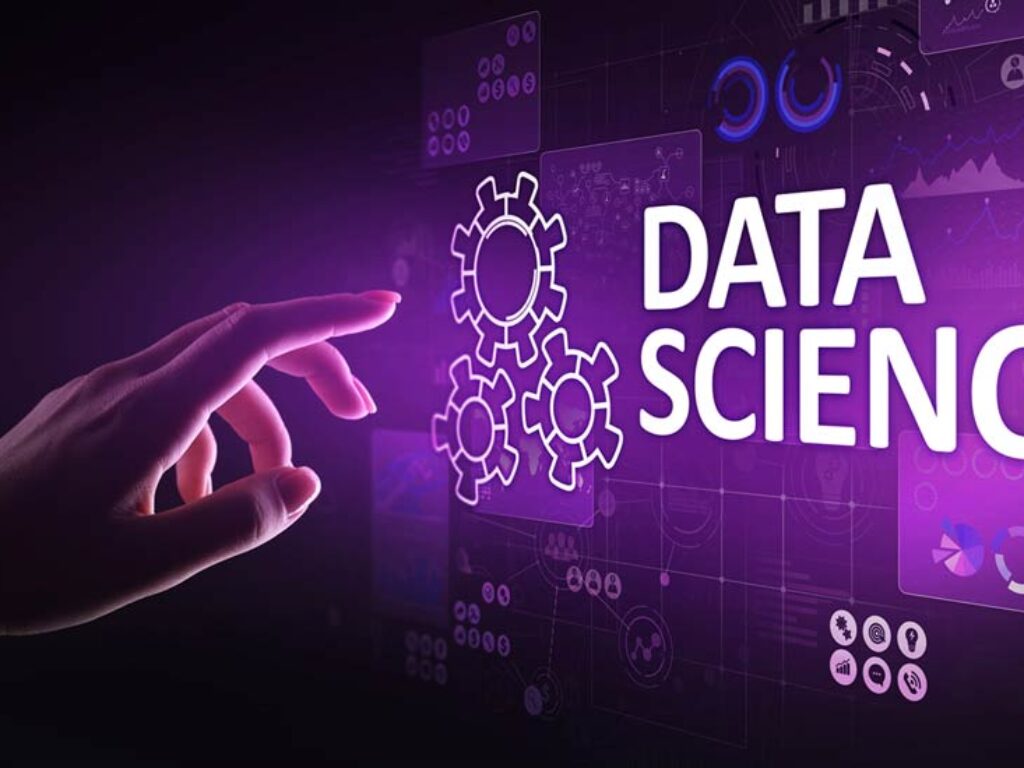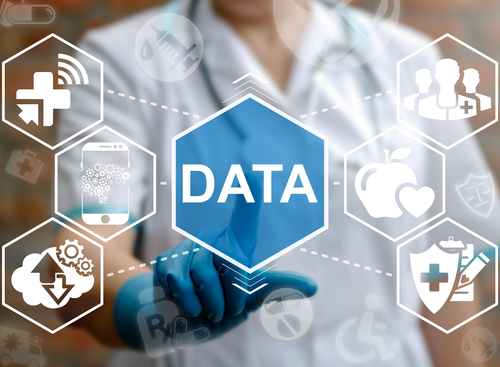Kahun, the evidence-based clinical AI engine for healthcare providers, shares the findings from a new study on the medical capabilities of readily-available large language models (LLMs). The study compared the medical accuracy of OpenAI’s GPT-4 and Anthropic’s Claude3-Opus to each other and human medical experts through questions based on objective medical knowledge drawn from Kahun’s Knowledge Graph.
SandboxAQ Helps Unlock the Next Generation of AI-Driven Chemistry with NVIDIA Technology
SandboxAQ announced today a groundbreaking advancement that pushes the limits of computational chemistry, impacting fields such as biopharma, chemicals, materials science and other industries. Collaborating with NVIDIA, SandboxAQ leverages Large Quantitative Models (LQMs) and the NVIDIA CUDA-accelerated Density Matrix Renormalization Group (DMRG) algorithm.
In AI We Don’t Trust: Too Many Healthcare Insurers Base Decisions on Assumption Over Data, Report Reveals
The healthcare insurance sector in the US is struggling to make critical decisions due to a severe lack of accessibility, context and trust in their data. That is according to a new international study by ActiveOps, a leading provider of AI-powered decision intelligence for service operations.
Proscia Strengthens Leadership Position In AI-enabled Diagnostic Pathology Market
Proscia®, a global leader in AI-enabled pathology solutions for precision medicine, has expanded its leadership position in the diagnostic pathology market. The company has grown its clinical customer base by more than 100% in the past year. Among its other highlights, Proscia was recognized by KLAS Research in a June 2024 Emerging Company Spotlight report and released findings from a study conducted with Quest Diagnostics, a leading provider of diagnostic information services, on the impact of its AI-enabled workflows.
Announcing insideAI NEWS – Illuminating AI’s Frontiers: Your Go-To News Destination
insideBIGDATA, the leading source for news and insights about artificial intelligence, is proud to announce the relaunch and rebranding of the publication as insideAI News. The revamped platform will offer comprehensive coverage of AI technology and implementation strategies across multiple industries, including healthcare, security, financial services, automation, and agriculture.
The Transformative Role of AI in the Healthcare Industry
In this feature article, Daniel D. Gutierrez, insideAInews Editor-in-Chief & Resident Data Scientist, discusses how the integration of AI into healthcare systems promises to enhance patient care, streamline clinical operations, and foster innovative research, marking a significant shift in how medical services are delivered and experienced.
AI-based Small Molecule Therapeutics Pioneer Athos Therapeutics Selects Vultr for Secure AI Training in the Cloud
Vultr, the large, privately-held cloud computing platform, today announced that Athos Therapeutics, Inc. (“Athos”), a clinical-stage biotechnology company, has chosen Vultr Cloud GPU to run its AI model training, tuning, and inference. Powered by NVIDIA HGX H100 systems and running on Dell Technologies’ PowerEdge XE9680 servers, Vultr now offers Athos the needed security and confidentiality for their intellectual property, omics data, and proprietary AI algorithms.
How Can Data Science Accelerate Drug Discovery Processes?
In this contributed article, April Miller, senior IT and cybersecurity writer for ReHack Magazine, describes how thoughtfully applied data science principles and tools empower modern researchers to find new, viable treatment methods for various diseases and ailments. Humans will always be essential to drug discoveries, but the fascinating examples here and elsewhere show the power of using purposeful data analytics to meet shared goals.
AI Startup Jivi’s LLM Beats OpenAI’s GPT-4 & Google’s Med-PaLM 2 in Answering Medical Questions
A purpose-built medical LLM developed by Jivi, an Indian startup co-founded by former BharatPe Chief Product Officer Ankur Jain, has claimed the number one slot on the Open Medical LLM Leaderboard.
Where Artificial Intelligence Is Making a Difference in Healthcare
In this contributed article, Rajesh Viswanathan, Chief Technology Officer for Inovalon, discusses how for the past year, AI was at the center of conversations throughout healthcare. While the potential for AI to revolutionize healthcare is clear, from care delivery to enhancing operational efficiencies and accelerating research, many organizations are still figuring out where to begin.

